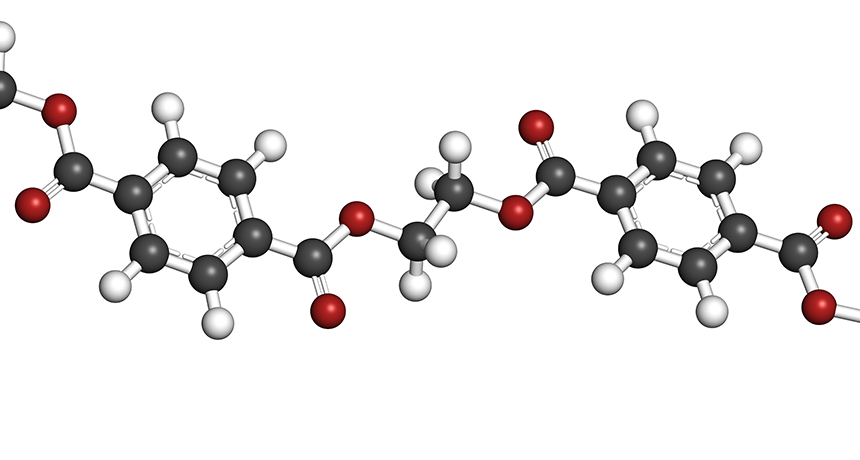Exploring the Varied Applications and Advantages of Polymers in Different Industries
Polymers, with their diverse array of properties and capabilities, have become crucial in different industries, each gaining unique advantages from their application. From enhancing safety and security and performance in the auto market to revolutionizing clinical devices in the medical care industry, polymers play a crucial function.
Automotive Field Applications
Polymers play an essential role in improving the efficiency and toughness of various parts within the automotive market. These versatile products are thoroughly used in the production of various components, varying from interior elements to under-the-hood applications. One prominent usage of polymers in the automobile sector is in the manufacturing of lightweight parts. By changing traditional steel get rid of polymer-based options, automobiles can achieve enhanced fuel efficiency without jeopardizing on strength or security.

Healthcare Industry Advantages
In various medical care applications, the benefits of utilizing polymers are widely identified for their varied range of helpful homes. Polymers play a critical duty in the medical care sector as a result of their versatility, biocompatibility, and cost-effectiveness. One of the primary advantages of polymers in medical care is their capacity to be customized to details needs, such as adaptability, sturdiness, and biodegradability, making them excellent for a variety of medical applications.
Polymer-based materials are extensively made use of in clinical devices, such as catheters, implants, prosthetics, and drug delivery systems, because of their biocompatibility and capability to resemble natural cells. These products can decrease the threat of allergies or beings rejected, boosting person safety and end results. In addition, polymers are light-weight, making them appropriate for wearable clinical devices and ensuring patient convenience.
In addition, polymers make it possible for the advancement of innovative treatment approaches, such as hydrogels for tissue design and nanocomposites for targeted medication delivery. Their ease of processing and sanitation makes them crucial for preserving high criteria of health in health care settings. Overall, the varied advantages of polymers add considerably to advancements in medical innovation and individual treatment.
Environmental Benefits of Polymers

In addition, polymers published here can contribute to energy financial savings as a result of their light-weight nature. In industries such as transport, light-weight polymer materials can help in reducing fuel consumption and greenhouse gas exhausts. Furthermore, polymers can make it possible for the advancement of energy-efficient items such as insulation materials that improve energy preservation in buildings.
Moreover, polymers play a crucial duty in decreasing water air pollution. For example, the usage of polymer-based filtration systems can successfully remove toxins and contaminants from wastewater, safeguarding water sources and ecosystems. On the whole, the ecological benefits of polymers make them useful properties in promoting sustainability and eco-friendly practices across numerous sectors.
Polymers in Electronics and Innovation
Thinking about the boosting need for innovative and sustainable solutions in modern-day industries, the assimilation of advanced polymer modern technologies in the realm of electronic devices and modern technology has actually become a pivotal strategy for driving performance and performance. Polymers have actually reinvented the electronics market by enabling the manufacturing of lighter, much more adaptable, and long lasting electronic tools. From mobile phones to clinical gadgets, polymers play an important duty in improving item design and functionality.
One substantial advantage of polymers in electronic devices is their insulating residential or commercial properties, which aid protect fragile digital components from ecological factors and electric disturbance. Furthermore, polymers are essential in the advancement of adaptable screens, wearable modern technology, and printed electronic devices, offering limitless possibilities for producing clever and interconnected devices.
Moreover, the use of polymers in digital packaging has caused advancements in miniaturization and thermal monitoring, enhancing the total efficiency and reliability of electronic systems. As modern technology continues to develop, the versatility and adaptability of polymers will most certainly drive further development in the electronic devices sector, shaping the future of technology.
Function of Polymers in Building And Construction and Framework
The integration of advanced polymer materials in building and construction and infrastructure jobs has actually changed the way structures are created and web link constructed in modern-day times. Polymers supply numerous advantages in the building market because of their convenience, toughness, and cost-effectiveness. One vital duty of polymers in building and construction is their usage in coatings and sealants, offering protection against environmental aspects such as dampness, UV radiation, and deterioration. In addition, polymers are utilized in the production of lightweight and high-strength composite products, improving the architectural honesty of structures while decreasing total weight.
Furthermore, polymers play an essential function in lasting building methods by making it possible for the development of energy-efficient structures. Shielding materials made from polymers assist manage indoor temperatures, minimizing the demand for heating and cooling systems and eventually decreasing power consumption - Polymers.
Conclusion
In conclusion, polymers play an important function in various industries such as auto, medical care, ecological, electronics, and building. From improving gas performance in automobiles to improving medical devices, polymers provide numerous benefits.